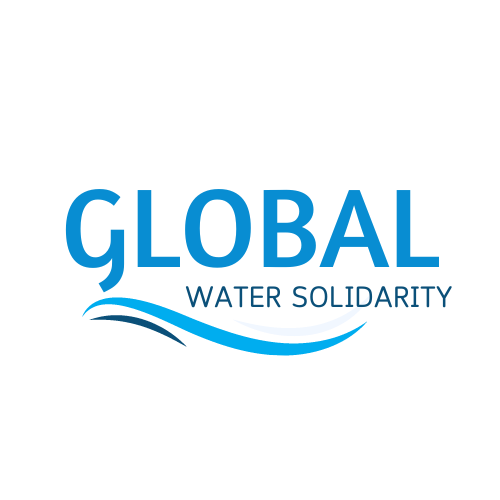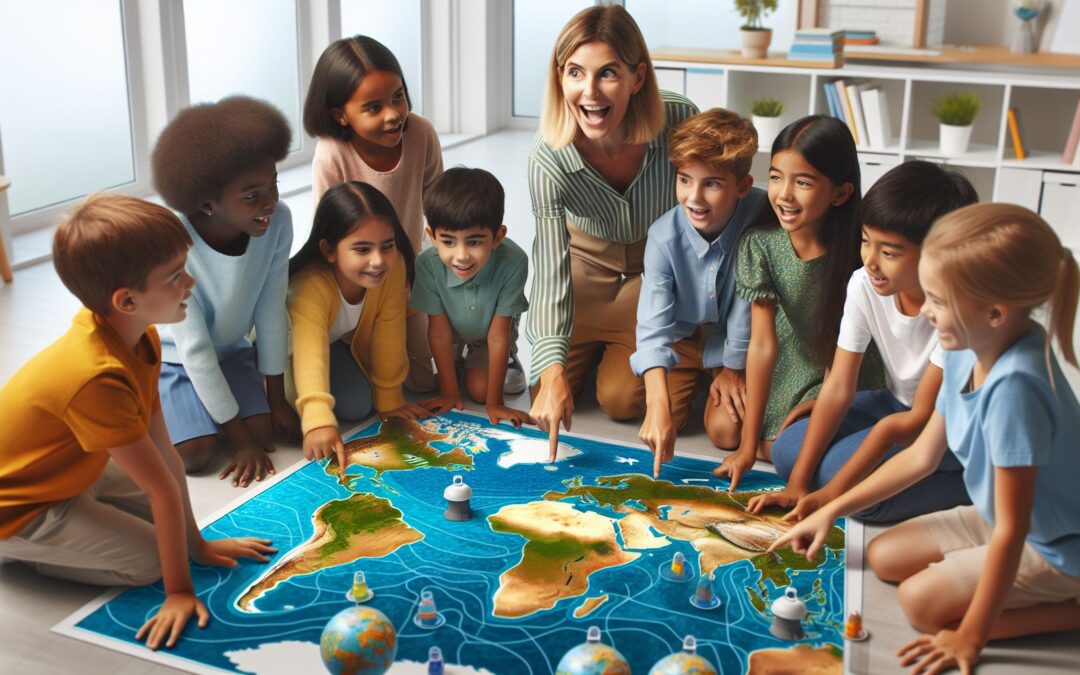In a world that’s facing increasing water scarcity and pollution, the role of water education cannot be underestimated. Today’s young people are tomorrow’s policy-makers, environmentalists, scientists, and citizens, all of whom will be grappling with the monumental task of managing the world’s water resources. It’s crucial, then, that we empower the next generation with the knowledge, skills, and values they need to navigate this landscape. This chapter will highlight the importance of global water education, explore the challenges it’s currently facing, and propose a roadmap for a more water-literate future.
The Importance of Water Education
The world is confronting a multi-faceted water crisis that involves not only scarcity but quality, distribution, access, and sustainability [1]. This crisis is intertwined with other global challenges, including climate change, urbanization, and agricultural overconsumption, which are contributing to an unpredictable future for this invaluable resource. The complexity of these issues demands an equally robust response, with education playing a key role in society’s ability to tackle them.
Water education instills an understanding of the water cycle, sustainable use of water resources, wastewater management, and the need for conservation. It brings awareness to the critical role water plays in ecosystems and human health while encouraging critical thinking about issues such as equity and water rights.
This knowledge contributes to a broader understanding of global issues and equips the youth with the skills to be responsible citizens. It promotes “water literacy,” a term that encompasses a person’s ability to understand, evaluate, use, and engage with water information in ways that promote sustainable water management.
Current Limitations and Challenges
Despite the crucial importance of water education, it’s unfortunately not given the attention that it deserves in many parts of the world. The curriculum often lacks a comprehensive focus on water issues, teaching about the water cycle in science but neglecting to contextualize this knowledge within a wider global context.
Moreover, the divide between developed and developing nations is evident in the state of their water education, with wealthier schools in a much better position to provide engaging experiences such as field trips to wastewater treatment plants or local water bodies.
A Roadmap to a More Water-Literate Future
To create a world that’s empowered to handle the mounting water challenges we face, we needs a revised approach to water education.
-
Revamp curriculum: Curriculum developers need to integrate water education into their frameworks, not just in natural sciences, but also in sociology, history, geography, arts, and other subjects. Real-world issues should illuminate classroom lessons, ensuring that students can connect what they learn to their everyday experiences.
-
Promote experiential learning: Students should have opportunities to experience firsthand the fascinating world of water – exploring their local watershed, conducting water quality tests, or even participating in a simulated water summit.
-
Engage in international collaboration: Schools from across the world can connect and collaborate on projects related to water. Such global collaboration can foster a sense of unity and shared responsibility for our world’s water resources.
-
Leverage technology: Digital platforms like interactive simulations can unravel the complexities of the hydrological cycle, virtual reality can transport students to the heart of a wastewater treatment plant, and data analysis software can convert raw data into meaningful insights about local water quality.
-
Cultivate water stewardship: Education needs to go beyond knowledge and towards the fostering of attitudes. Respect for water, empathy for those without access, and a strong sense of stewardship should be cultivated in the classroom and beyond.
Conclusion
Education is an underutilized weapon in our fight against the growing water crisis. By reshaping how we teach about water and fostering a generation of water-literate citizens, we can arm ourselves better to deal with the challenges of the future. We need to see the pressing water problems as not just scientific or technical issues, but as educational ones too.
After all, the first step towards solving a problem is understanding it – and there’s no better place to start than with our schools, our teachers, and most importantly, our students.
Sources:
1. United Nations, (2020). The World Water Development Report 2020: Water and Climate Change. [online] UNESCO. Available at: http://unesdoc.unesco.org/images/0026/002639/263933E.pdf
2. Global Water Partnership, (2000). Integrated Water Resources Management. [online] Available at: https://www.gwp.org/globalassets/global/toolbox/publications/background-papers/04-integrated-water-resources-management-2000-english.pdf

